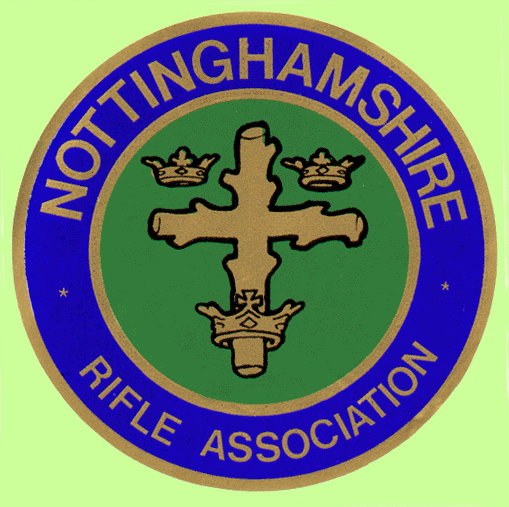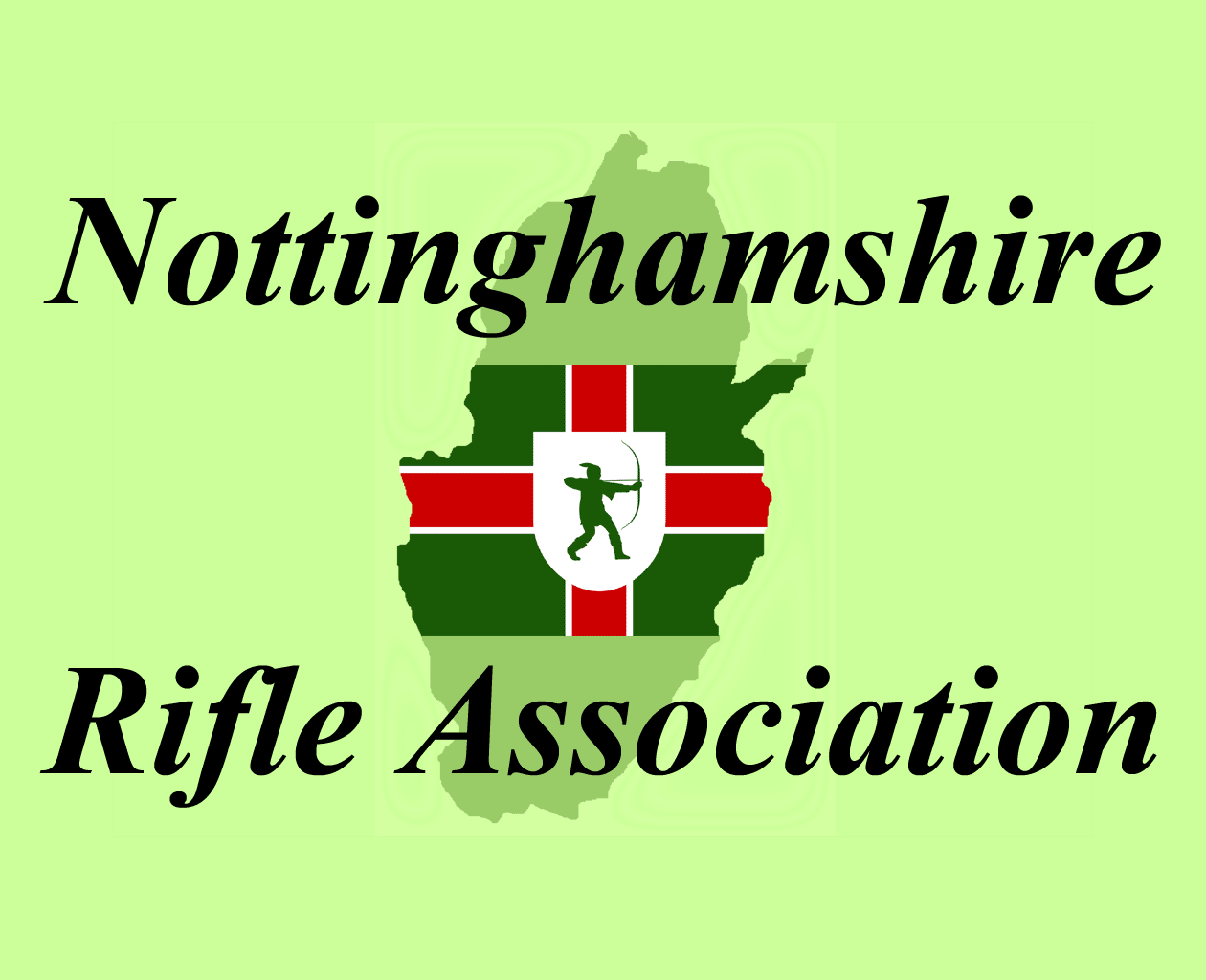Bisley Meeting - The King's Prize
Lieutenant Johnson, from Leicester, was the winner of the 1902 King's Prize as revealed in this report from the Nottingham Evening Post published on the Monday after the event.
The account gives a good description of the proceedings, which are little changed to this day, and of the winner's character leaving us with a sketch of the unflappable shooter of yesteryear.
Nottingham Evening Post, Monday, 28th July 1902
LEICESTER MAN WINS THE KING'S PRIZE
THE FINAL STAGE
When the 1,000 yards range in the King's opened on Saturday there was a very large attendance at the ropes, and it grew larger as the shooting proceeded. The wind had got up considerably, playing havoc with costumes and with the register keepers' belongings. On some targets competitor after competitor failed to find the target on their opening shots. Lord Roberts, Sir Henry Fletcher, Generals Hildyard and Turner, Lord Charles Beresford, M.P., Colonel Eustace Balfour and a number of officers of the staff passed along the range, and the attention of the Commander-in-Chief was particularly directed to the scoring board at Lieutenant Johnson's target. The lieutenant was noticed to be shooting with much steadiness, but was being dangerously pressed by McCallum. Lieutenant Johnson finished first, bringing his aggregate with a range total of 34 up to 307. On his eighth shot McCallum was 299. He wanted a couple of inners to tie, or an inner and a "bull" to win outright. The next few moments were naturally exciting. McCallum sent his ninth shot, and being signalled as an outer, it was seen that he could not win. His tenth round yielded an inner, and he finished with 305. Private Samways, 1st Dorset, had made the same aggregate, but with a higher range total.
Although, Lieutenant Johnson was informed of his success, and there was a great pressure at the ropes behind the firing point on which he had been squadded, he elected not to leave the range until the last of the hundred had completed the distance. He lit a pipe and waited. One of the first to congratulate him was the colonel commandant of the Australians, and he was duly interviewed and snap–shotted. With the tension of a most exhausting ordeal relieved, he spoke freely of the shoot. He states that at 900 yards, he had a three feet wind allowance on his rifle, but taking this fully into calculation, he found himself under the necessity of aiming on the left edge of the target next to his own.
The King's prizeman was chaired by eight members of the London Rifle Brigade, and carried shoulder high into camp, a long procession being headed by the band of the Gordon Highlanders, who played "See the Conquering Hero Comes". The cheering ws loud and continuous as the youthful looking marksman, dressed in a brown Norfolk suit and putties, was borne along. Lord Roberts awaited Lieutenant Johnson at the council pavilion. Here a temporary halt was made, while the Commander-in-Chief offered his congratulations and warmly shook the Gold Medallist by the hand. The customary "chairing" to the regimental camp followed.
Lieutenant Johnson, the King's prizeman, has continuously attended the Bisley meetings since 1896, with the exception of one year (1900), and although competing in various N.R.A. competitions, he had not attained distinction until Saturday, but in 1896 he won the championship of the North London Rifle Club. Fifteen months ago he volunteered for the front, and went out to South Africa as a member of the 26th battalion of Rough-riders. He is by profession a chartered accountant, was educated at King's College School, London, and is a native of Leicester. He is 26 years of age, is a moderate drinker, and is reported to be a great smoker.
Transcript from Nottingham Evening Post 28/07/1902
British Library Newspaper Archive

